I am writing from a Los Angeles neighbourhood called Angelino Heights, where I have interviewed Sam Icklow, a filmmaker, friend and fellow edge mapper. Sam and I have been watching each other’s work from afar for the last few years. In September, we finally got to go for a walk and have a chat.
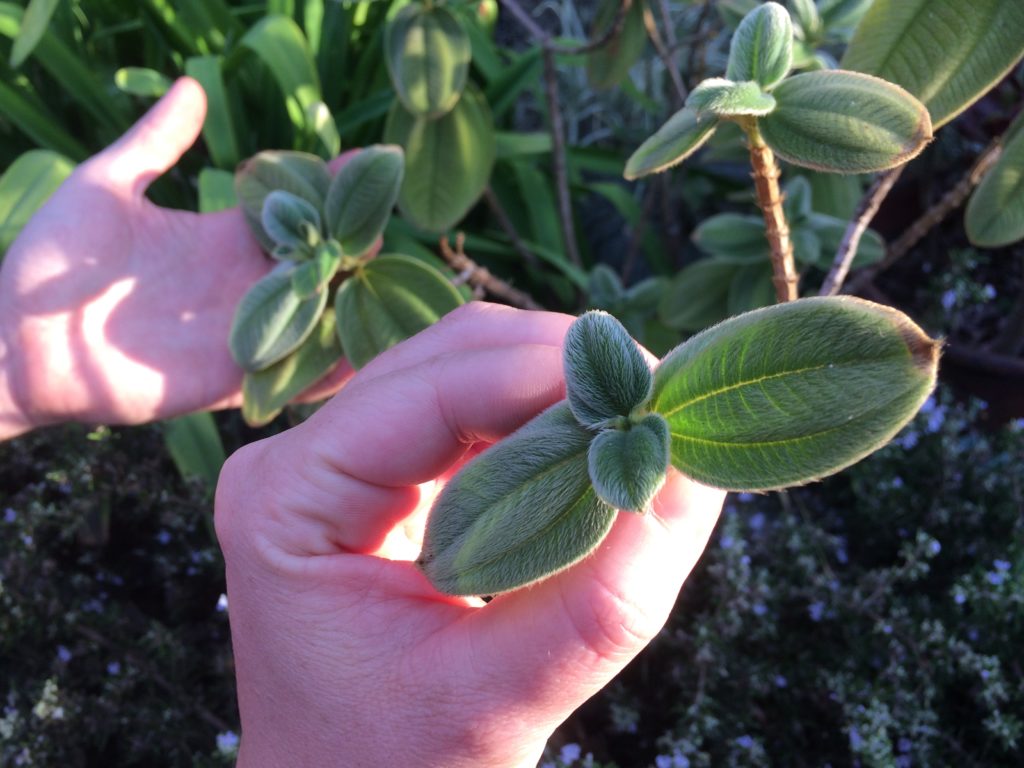
Walking with plants in Angelino Heights.
Ali: Indulge me Sam, I just want to get your first impressions of mapping edges from this side of the world. You’ve been contributing to the Instagram feed, and following the website, what is the project about for you?
Sam: Well I remember when I first moved here and started walking around the neighbourhood, and there were grand Victorian wooden mansions up on the hill, as well as falling down picket fences, and empty lots wild with weeds. And so in the beginning I remember thinking Mapping Edges is a way to look at the world. And I could take note of interesting edges as I walked. So I think in the beginning I thought this is a way to think about juxtaposition.
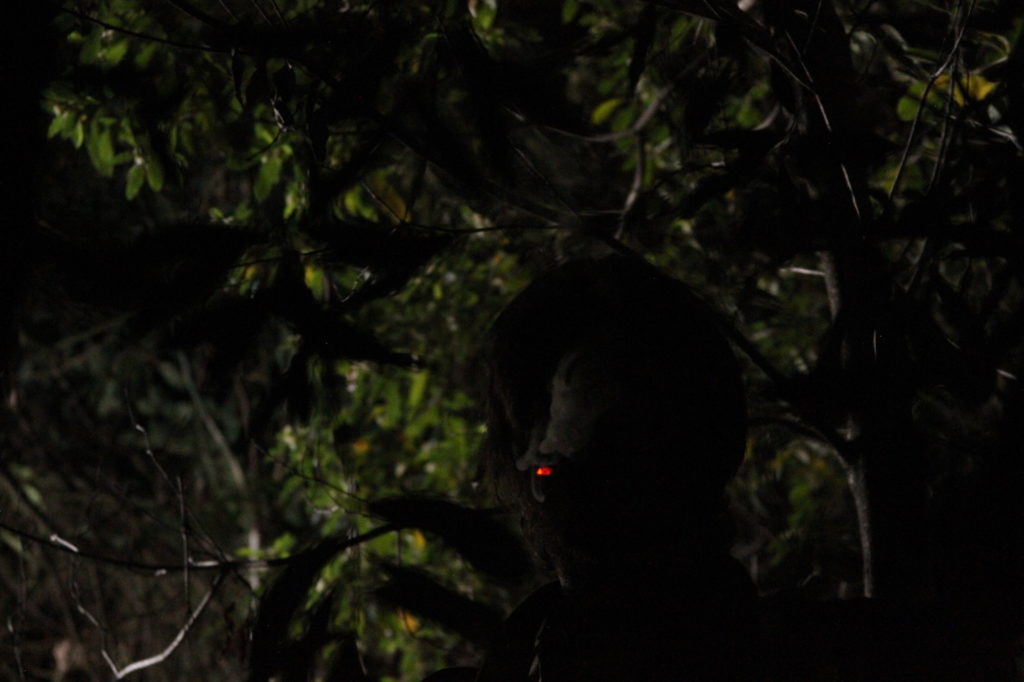
Still from Ecotone
I mean you can look at something, or a place a hundred times, and then look at it in a different way. I made a film called Ecotone, which takes place at a family campsite that has a beach on one side and woods on the other. And I think it was a little weird making that film here in the US, because I always imagined it as a setting in Australia, like maybe at The Basin in NSW, or somewhere like that, where the water and the bush rub up against each other, and I wondered if maybe in American that doesn’t really exist or something. But, the film is about cultural edges, so of course it exists. Borders. Crossings. Scenes of different worlds intersecting and producing different cultures and practices. Sexuality. Edges actually always generate something different, wherever you are.
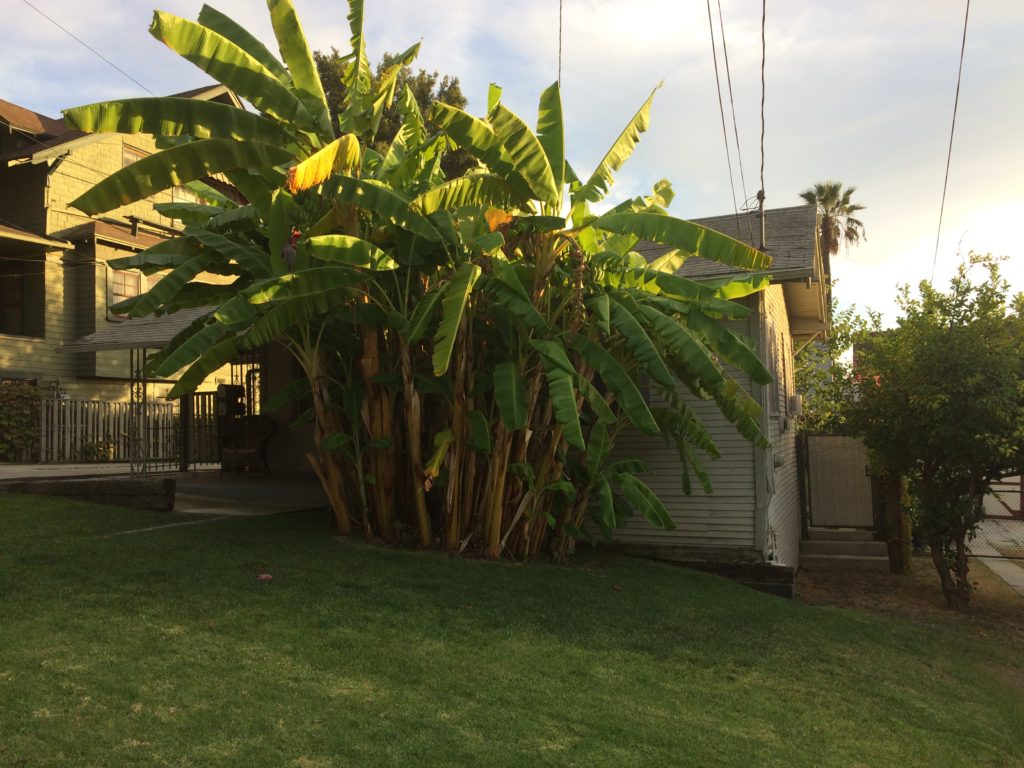
Banana Grove in Angelino Heights.
Ali: And the way you think about an edge is sometimes different from how it plays out locally. I just wanted you to talk a little bit more about being in Los Angeles. You’re originally from Sydney and you’ve lived in Indonesia and Berlin. What kinds of edges are particular to LA?
Sam: Well I think edges are a useful way to think about LA. There are so many different areas here that it’s just all on top of each other. There are just so many types of economies and communities and cultures going on simultaneously. I mean it’s like everyone’s driving cars and you go from one bubble to the other, but everyone is experiencing the city in a very different way. So that makes it an interesting city to live in. My films are very much about people’s moods and tension here in this place. I mean you can just go to a cafe here and overhear these incredible conversations that make you realise people are living completely different lives next to each other. I am really interested in neurotic social relationships so LA is quite stimulating.
Ali: Yes, and how about neurotic plants? I noticed in your films, you do use plants a lot. I mean It’s very clear that you’re sort of drawn to plants.
Sam: I think plants are about body sexuality… and also they help with sense of place in film making. I was thinking about that a lot when I went to Black’s Beach, a nude beach in San Diego. And there was a nude man rolling around in the tide on the shoreline of the beach. And we talked a bit about his sexuality, about ‘Ecosexuality’.
Ali: And how about the LA one where you guys are in drag (Summertime Sadness: Regarding the Pain of Others)?
Sam: And in ‘Untitled, L.A.– I felt very like plants were important in that film – I wanted every frame to have as many palm trees and the sort of greenery of Highland Park. The film was about people, but the plants are visual cues, and they are grounding.
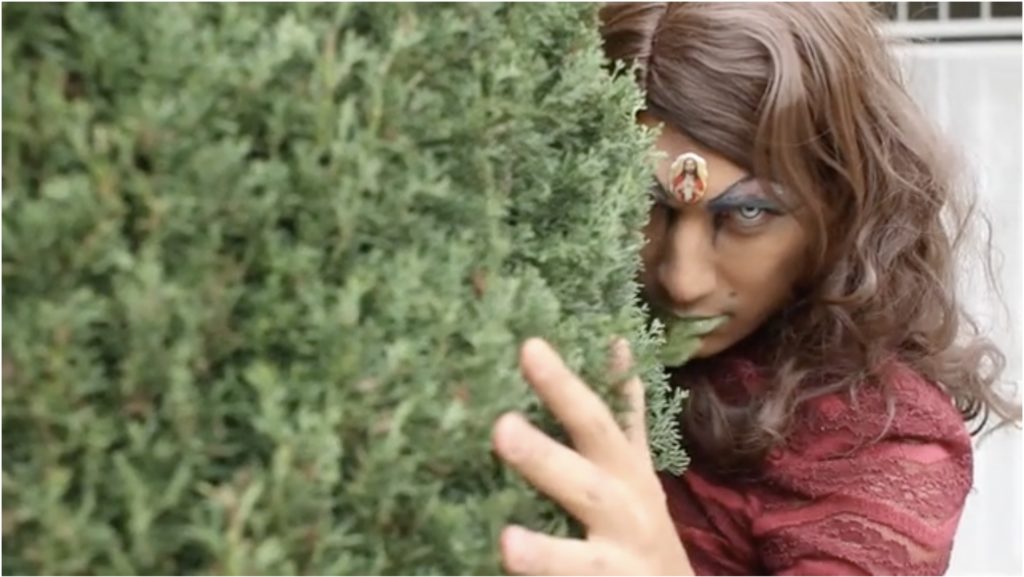
Still from Summertime Sadness
Ali: And this role of plants is a conscious decision you make when you are editing the films?
Sam: Well, editing is, after all, a process of juxtaposition. You always have two edges coming together to create a new meaning. And you’re always asking, what happens if I combine this image with that image that maybe doesn’t belong. It might be about colour or movement, or motion or something then they do belong. But you’re creating a new meaning in the edges.
Ali: So there’s something else I’d like to ask is you – we often talk about how are being led by plants. So we might take a walk that is led by tropical plants. And we mean the idea of the topical, even if we’re not in the tropics. So I was wondering if that is how you might think about frames in editing… and how you let that process be lead in different ways and how much you design from the beginning and how do you discover those edges that are important while you are concentrating on something else?
Sam: Well, my own personal practice is an ongoing thing … When you’re shooting a film you’re especially aware of your intention and how it’s going to be edited together.
But I’ve learned to be more free with it because the best part is that when you’re then sitting down looking at the footage … that joy of looking at footage that is unedited, and then you can let yourself be led by other forces. What is the story that this material is telling me? And it can be very surprising. It can be surprising because it’s what it’s not always what you intended. It’s a bit of an ephemeral quality of the film that comes out, and it can suggest ways to move forward.
And sometimes I work this way with an editor, with juxtaposing different scenes and moving things around to create different emotional effects. And these effects come from the edges from or the margin. And this is very important to me. So, as a queer filmmaker, I am used to my work being at the margins, where the discovery process is very important…. because of what you’re paying attention to.
And I think maybe what I’m discovering from this conversation is that it will be interesting to think more about my process and what I do and maybe create a framework to play with in the sense that you’ve created a way to walk with Mapping Edges. I like the idea of working with more intention and using the the edges. In my film making I just feel like I never really know what I’m doing I’m just led by a feeling.
Ali: So the other thing I wanted to talk about is environmentalism, which we have talked about before, and how normative it can be in the public imagination.
Sam: Well what’s interesting is the way is it both social and individual. I mean environmentalism can be emotionally intuitive, right? But it’s also about rules and control. Like how you deal with your waste, and also, how do you decorate your space? For me, we have to be careful that environmentalism isn’t always top down and regulated because then its reproducing power structures. You know, environmentalism is about education, like sexuality – you can’t just go around telling people what to do because change will always come from the bottom up.
Sam is working on several film projects in LA and lectures at UCLA. You can follow him at here.
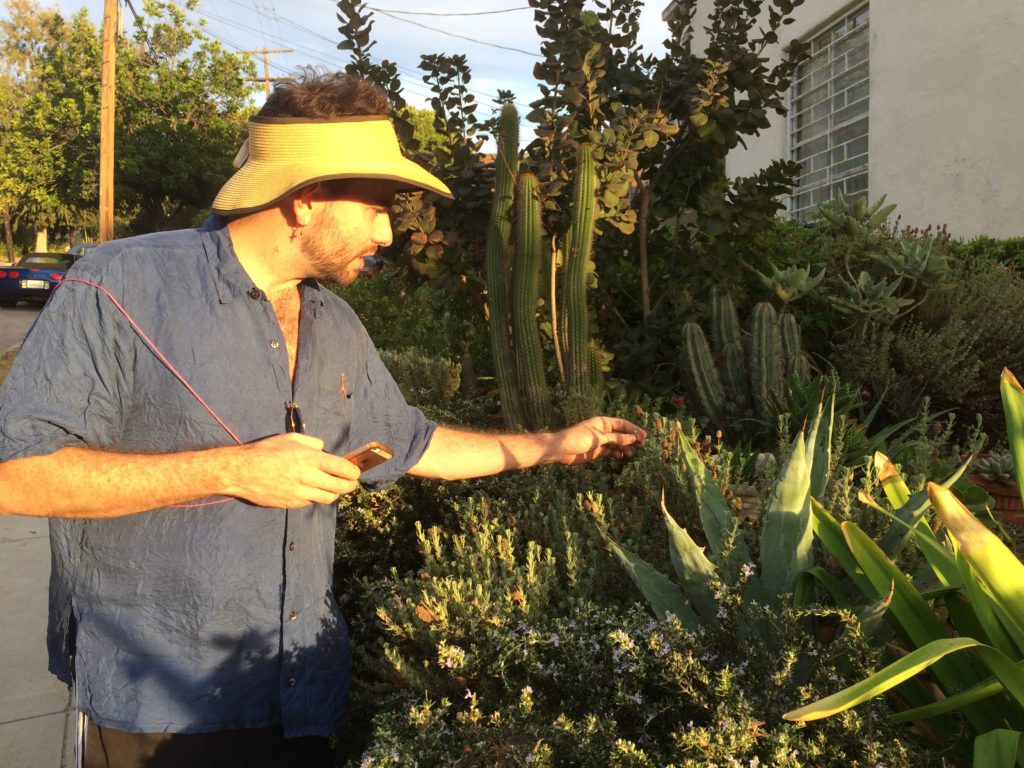
Typical drought resistant planting in an Echo Park front yard, no lawns to be found, but plenty of textures.
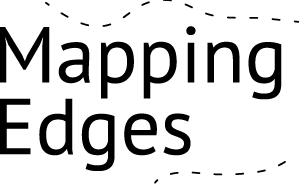
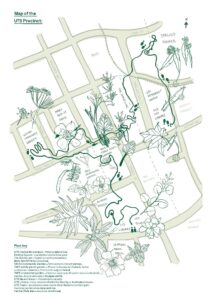
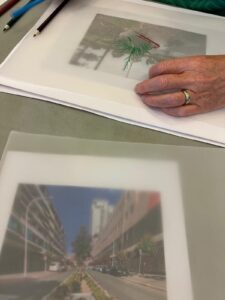
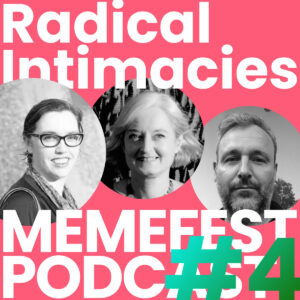
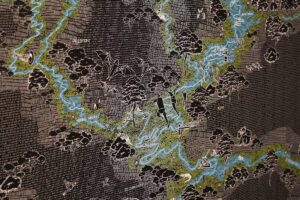
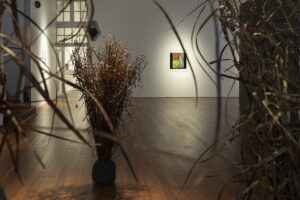
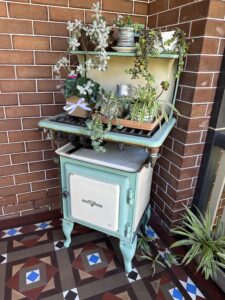
0 Comments